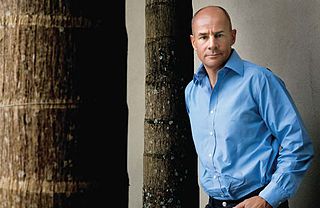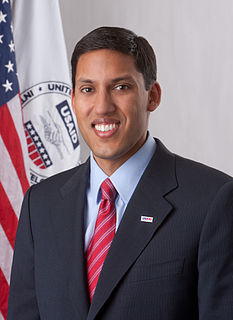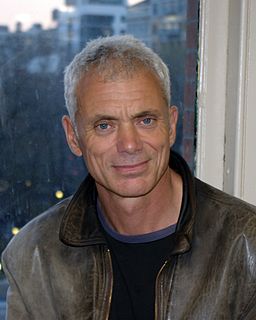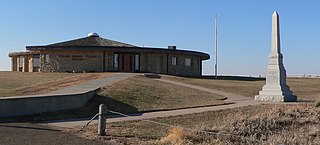A Quote by Johan Eliasch
The key to saving the Amazon and the rest of the world's great rainforests is actually very simple: just put a fair price on the role they play in providing a quarter of the world's oxygen, a fifth of fresh water, and 60 percent of its species.
Related Quotes
Forests ... are in fact the world's air-conditioning system-the very lungs of the planet-and help to store the largest body of freshwater on the planet ... essential to produce food for our planet's growing population. The rainforests of the world also provide the livelihoods of more than a billion of the poorest people on this Earth... In simple terms, the rainforests, which encircle the world, are our very life-support system-and we are on the verge of switching it off.
If we continue on the trend we’re on, we can reduce extreme poverty by more than 60 percent-lifting more than 700 million people out of dollar-and-a-quarter a day poverty and back from the brink of hunger and malnutrition. But if we accelerate our progress from 3 percent annual reduction to over 6 percent and focus on key turnarounds in some difficult countries, we could get a 90 percent reduction. We could essentially eliminate dollar-and-a-quarter head count poverty.
Spiritually, trees play a unique role in the Jewish and Christian scriptures, from the Garden of Eden to the Cross of Christ. Biologically, in great forest communities, they help sustain life on our planet, giving off oxygen, anchoring soil, keeping stream and rivers clear, and providing habitation for thousands of species. How can religious persons not care about the widespread destruction of these creatures of God? We need to love them as our very selves, as neighbors in earth's community of life.
We no longer see the world as a single entity. We've moved to cities and we think the economy is what gives us our life, that if the economy is strong we can afford garbage collection and sewage disposal and fresh food and water and electricity. We go through life thinking that money is the key to having whatever we want, without regard to what it does to the rest of the world.
We have to live with the rest of the world. And it's a mistake, in my view. Trade has generally developed in this country. We actually export 12 or 13 percent of our GDP. It was only 5 percent in 1970. But it benefits us. It benefits the rest of the world. It doesn't benefit the steelworker maybe in Ohio. And that's the problem that has to be addressed, because when you have something that's good for society, but terribly harmful for given individuals, we have got to make sure those individuals are taken care of.
Fifty percent of the world's population lives in cities. In a couple of decades, 70 percent of the world's population will be living in cities. Cities are where the problem is. Cities are where the solution is, where creativity exists to address the challenges and where they have most impact. This is why, in 2005, the C40 was founded, an organization of cities that address climate change. It started with 18 cities; now it's 91. Cities simply are the key to saving the planet.
If the entire world decided to become vegan tomorrow, a whole host of the world's problems would disappear overnight. Climate change would decrease by 25 percent, deforestation would cease, rainforests would be preserved, our water- and air-quality would increase, life-expectancy rates would increase, and our rates of cancer would plummet, so certainly, with that one action of becoming vegan you are quite effectively making the world a better place.
Apart from the obvious advantages of having ice to melt, filter, then drink, you can also break apart the water's hydrogen from its oxygen. Use the hydrogen and some of the oxygen as active ingredients in rocket fuel and keep the rest of the oxygen for breathing. And in your spare time between space missions, you can always go ice skating on the frozen lake created with the extracted water.
The really valuable thing about documenting coral bleaching is that it is this straight, very direct visual indicator of how hot the oceans are getting. If the temperature of the water passes a certain threshold, the corals turn white. It's that simple. There's nothing natural about the cycle that's going on right now. In 2016, we lost 29 percent of the Great Barrier Reef. So 29 percent of the Great Barrier Reef died in a single year, because the water was hot.

































